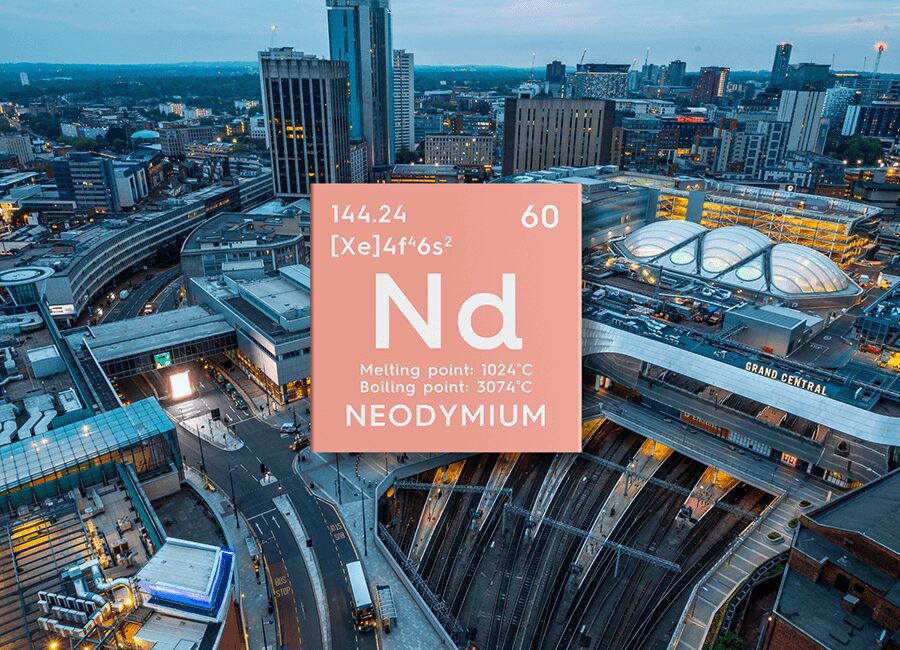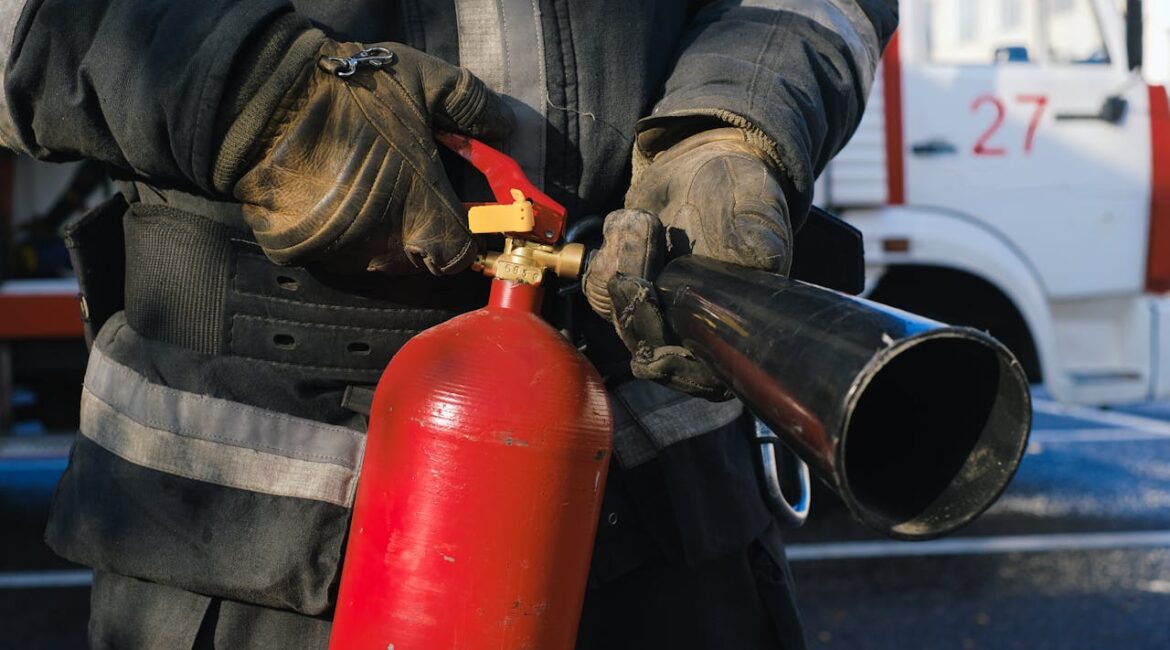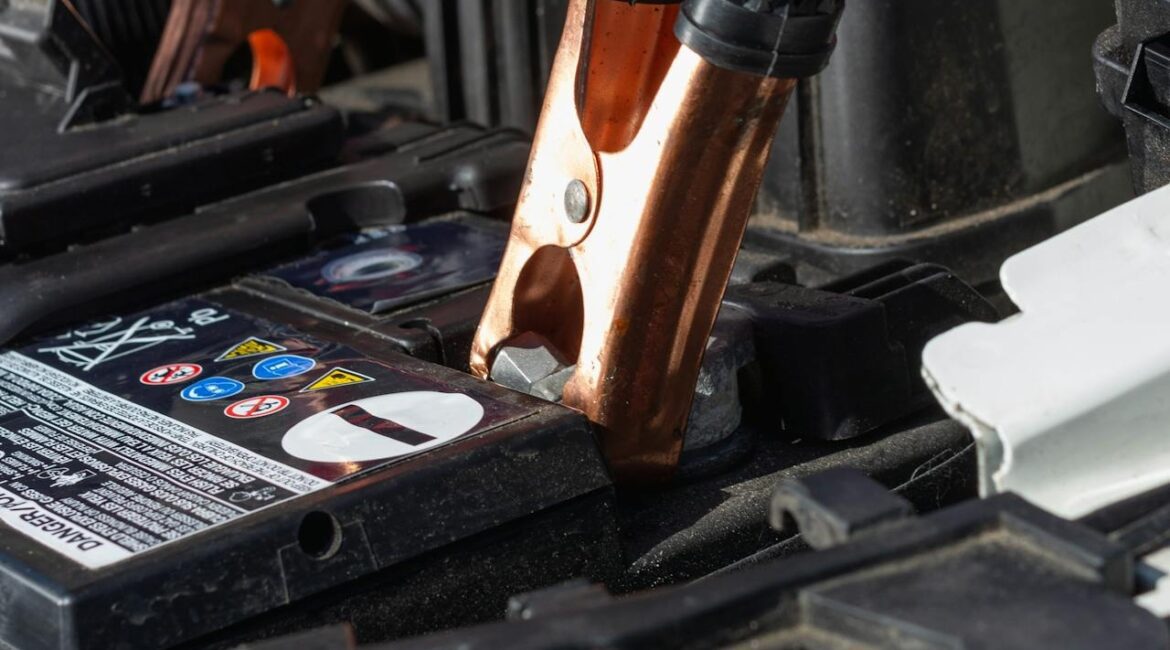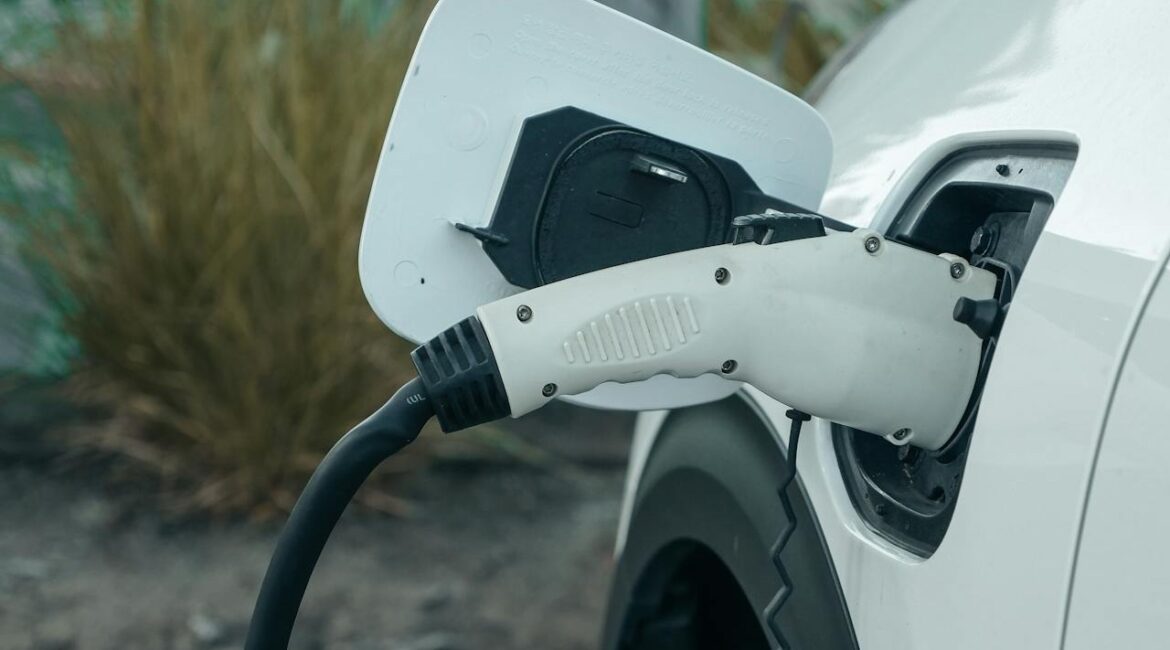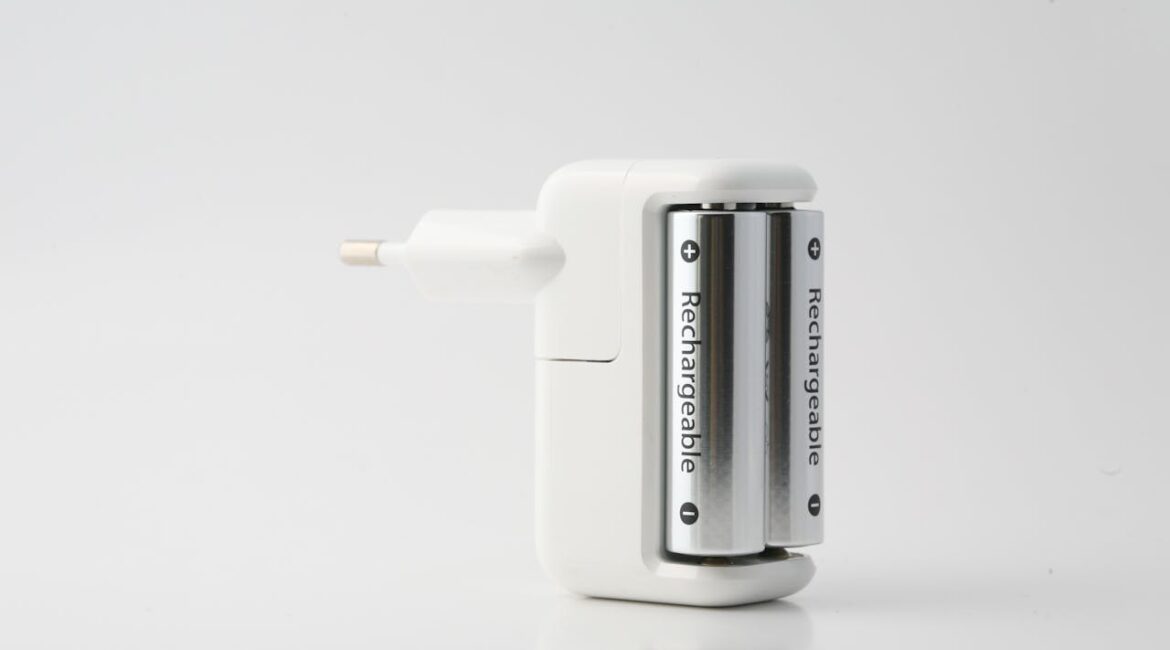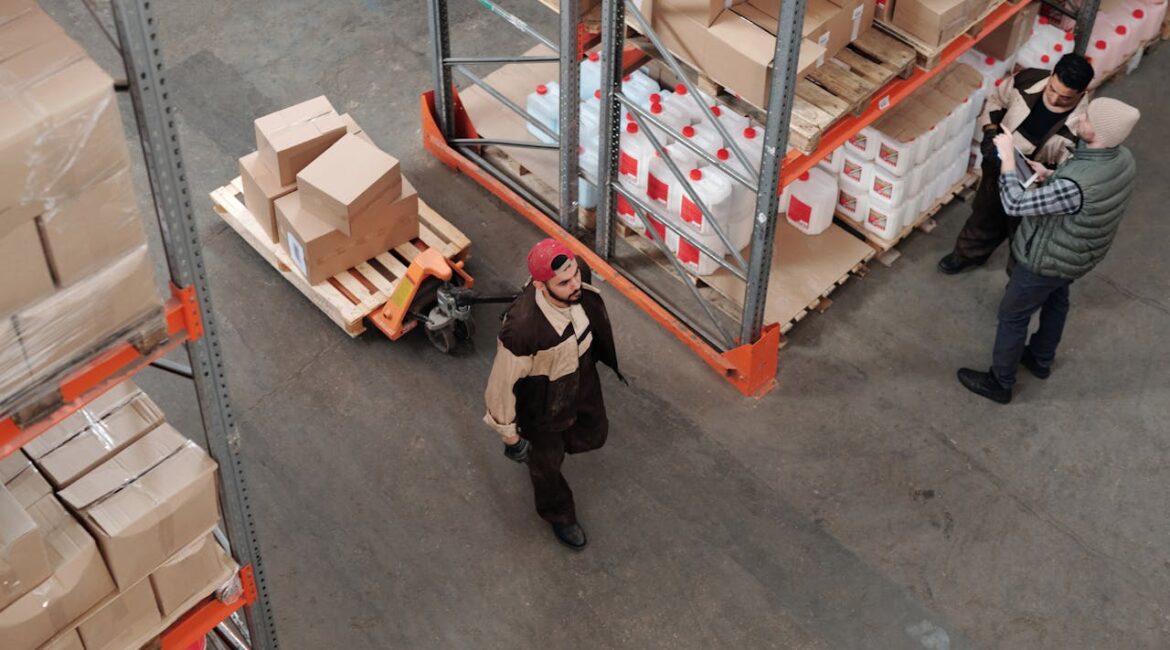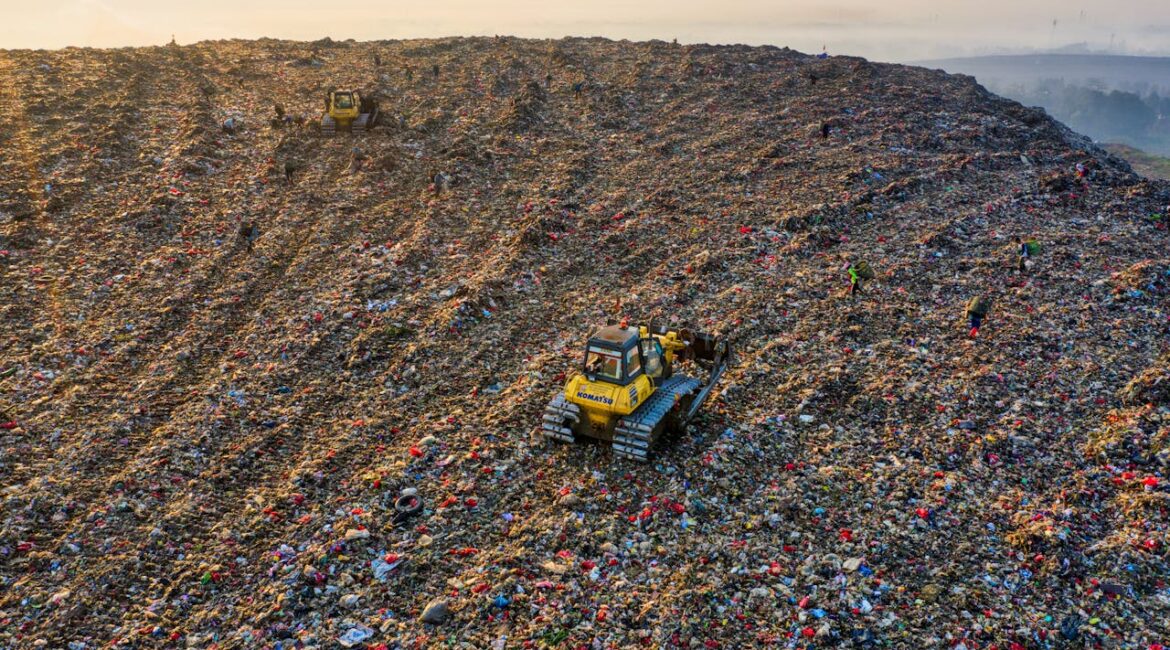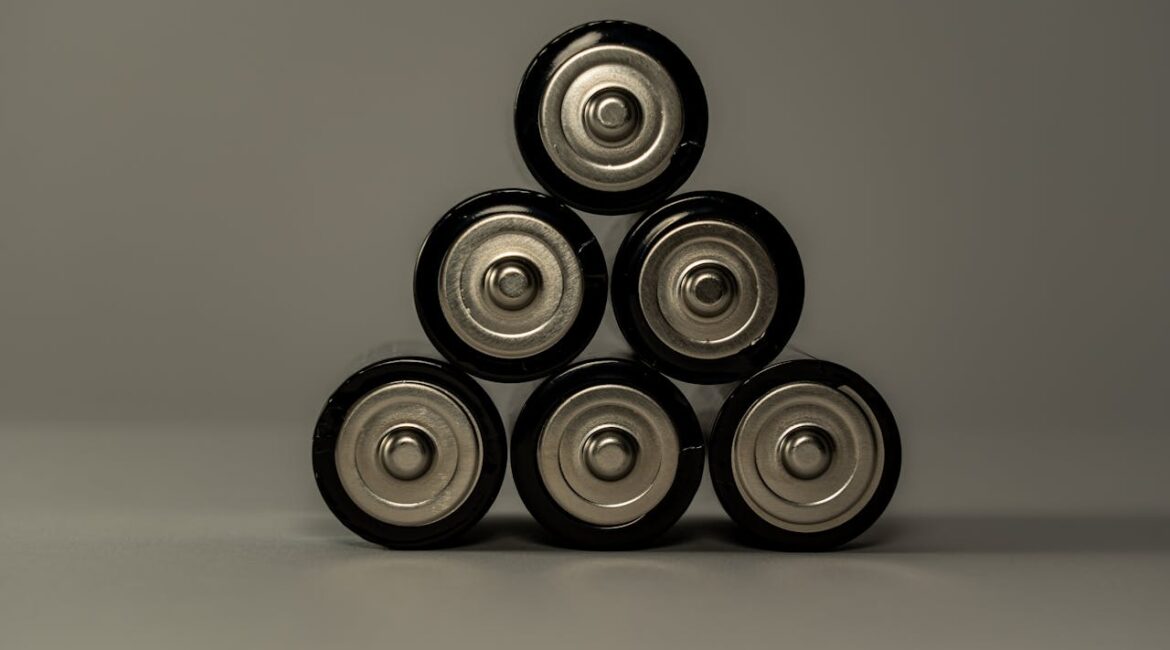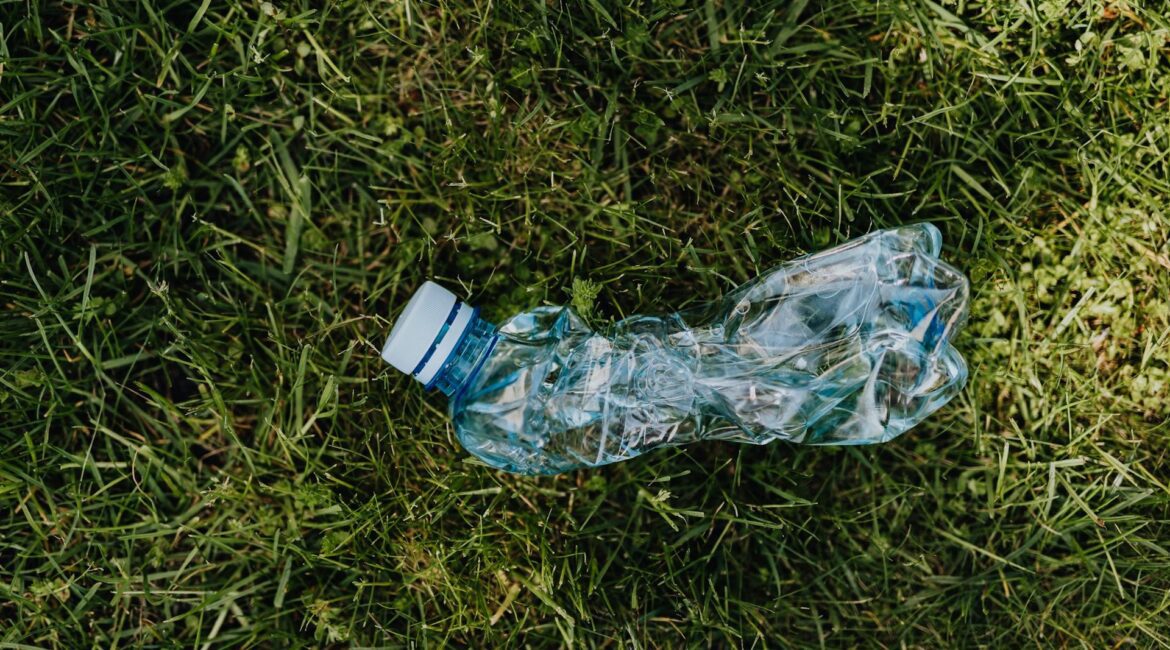Key Takeaways This facility from The University of Birmingham marks the first time in 25 years that the UK has been able to process and produce sintered rare earth magnets domestically. The Birmingham facility uses a hydrogen-based recycling method called Hydrogen Processing of Magnet Scrap (HPMS). Compared to making magnets...
New Recycling Rules: The Simpler Recycling Scheme
The Simpler Recycling SchemeAs of March 31, 2025, the UK government has introduced the Simpler Recycling scheme, aiming to standardise recycling practices across England. This initiative seeks to eliminate inconsistencies in waste collection, ensuring that households, businesses, and non-domestic premises such as schools and hospitals recycle the same materials nationwide....
Who Invented The Fire Extinguisher?
Key Takeaways The first fire extinguisher was patented in England in 1723, by a man named Ambrose Godfrey. In 1813, Manby, a British military man and inventor, came up with a portable fire extinguisher that’s much closer to what you’d recognise today Who Invented The Fire Extinguisher: A Look At...
Who Invented The Lead Acid Battery?
Key Takeaways Gaston Planté introduced the world to the first lead acid battery in 1859. Camille Alphonse Faure made significant improvements to the lead-acid battery by introducing a method of coating lead plates with a paste of lead oxides, sulfuric acid, and water. The Origin Of The Lead-Acid Battery: Powering...
Which EV Cars Use Nickel-Metal Hydride Batteries?
Key Takeaways The most iconic example is the Toyota Prius, which debuted in 1997 and relied on NiMH batteries for its hybrid system through multiple generations. NiMH batteries were once the go-to for hybrid EVs, but modern electric cars have largely moved on to lithium battery types. Electric vehicles (EVs)...
Are Solid State Batteries Recyclable?
Key Takeaways On July 8, 2024, researchers at Pennsylvania State University (Penn State) announced a groundbreaking advancement in solid state battery recycling. While lithium-ion batteries typically last for 1,500 to 2,000 charge cycles, solid-state batteries are capable of enduring 8,000 to 10,000 cycles. The short answer is yes, although more...
What Is Producer Responsibility?
Key Takeaways If your annual turnover is between £1 - £2 million and you're responsible for supplying or importing more than 25 tonnes of packaging in the UK, the Extended Producer Responsibility applies to you. The producer responsibility system operates by placing legal obligations on businesses to manage the environmental...
What Toxic Chemical Is Produced By Waste At Landfill?
Key Takeaways According to studies, landfill gas contains 45% to 60% methane and 40% to 60% carbon dioxide. The liquid produced at landfill sites is called leachate. The UK government plans to limit municipal waste going to landfills by 2035 to only 10% or less of the total amount of...
Battery Waste Statistics 2025
Key Takeaways The global market for battery recycling is expected to grow from $12.8 billion in 2025. When batteries are recycled properly, up to 95% of their components can be used to make new batteries or other materials. Around 20,000 batteries end up in landfill sites across the UK every...
Examples of Improper Waste Disposal
Key Takeaways In the UK, approximately 70% of litter is food wrappers and packaging. Cigarette butts are the most littered item in the world, with 4.5 trillion cigarette butts littered around the world every year. Improper waste disposal examples include littering, illegal dumping, and throwing away recyclable materials. Improper waste...
